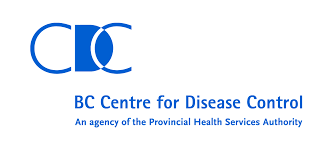The BC Centre for Disease Control’s new report on Hepatitis C was compiled from data on more than 1 million people collected between 1992 and 2012.
About 73,000 British Columbians have Hepatitis C and 18,000 have yet to be diagnosed.
Somewhat surprisingly, the report found “no differences” between Hepatitis C care in rural and remote communities in the province. According to the report, diagnosis and testing levels are nearly identical, while treatment and cure rates are only slightly lower in rural areas (defined as communities with 20,00 residents or fewer).
“Definitely it was a little bit surprising but I think we always have to take into account that there’s always less testing into the rural and remote communities,” says Vanessa West, executive director of Positive Living North. “We have to break down that stigma, discrimination and that mindset that this is specialized testing.”
West says the finding is encouraging but there are more questions to be answered.
“There’s a lot of other factors that we see in the north that may not be as prevalent elsewhere. We look at addictions, poverty, homelessness and mental health complications. So I think that with further data analysis that we’d have a clearer picture and that would give us a clearer picture of what barriers we still have to cross.”
The BCCDC’s report also found that socially and economically disadvantaged British Columbians are less likely to receive treatment for Hepatitis C, an issue West says also needs to be addressed.
“We’ve seen how, through the Stop HIV pilot project that took place, linking people to care early had profound effects on their health. So we can definitely see how that would help with Hepatitis C also.”
The report shows that the number of people being diagnosed with Hep C in BC has been declining since the mid 90s.
The BCCDC estimates that 55,000 British Columbians have been diagnosed with Hepatitis C – 41,000 of those had follow-up testing, 26,000 of those were genotyped to identify which strain of Hep C they had, 8,5000 started treatment and 5,000 have been cured.
Something going on in the Prince George area you think people should know about?
Send us a news tip by emailing [email protected].








